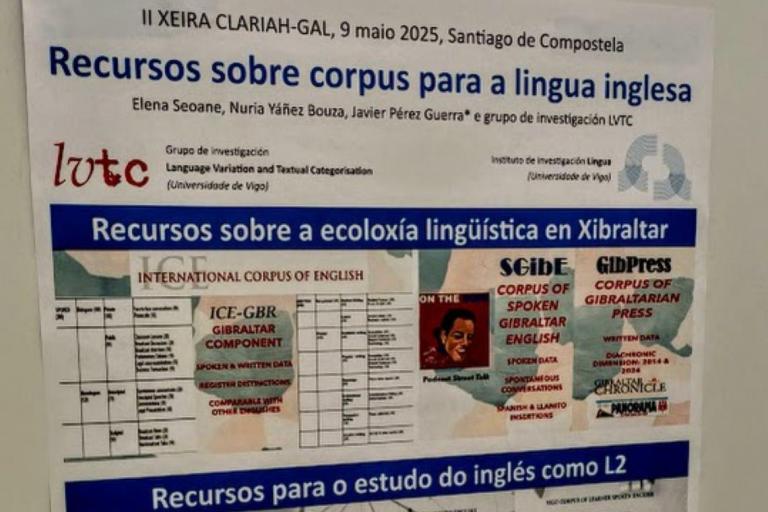On 18-19 October 2013 we had the pleasure of hosting the International Conference Englishes Today: Theoretical and Methodological Issues.
This conference brought together experts interested in the expansion and globalization of English around the world and its development into distinctive first, second and foreign language varieties, with the consequent processes of diversification and at times also indigenization.
The conference was honoured with the participation as keynote speakers of the following internationally recognized experts on World Englishes:
- Stephanie Hackert (University of Munich), who discussed internal variation within Bahamas English in her plenary talk “Standards of English(es) in the Caribbean”
- Marianne Hundt (University of Zurich), who analysed the increasingly frequent innovative construction “he is been fun”, present in both native and non-native Englishes as well as in child speech, in her talk “Error, feature, (incipient) change – or something else together?”
- Christian Mair (University of Freiburg) examined the most recent and non-traditional avenues for the spread of vernacular varieties of English that have been opened up especially through the web in his lecture “Englishes beyond and between the three circles: World Englishes research in the age of globalization”
- Edgar Schneider (University of Regensburg) examined the use of YouTube as a methodological resource for the study of varieties of English “World Englishes on YouTube: treasure trove or nightmare?”
Through these plenary lectures and over 25 presentations, this conference has shown that this largely unexplored linguistic subdiscipline, which has become a trendy field of investigation, is in need of further research. From a purely linguistic perspective, this was shown with the analyses of the variation found in specific linguistic features, such as always progressives, get-constructions, use of quotatives, third person singular don’t , element-final like or pronominal variation. Another relevant issue discussed during the conference was the question of identity, particularly identity issues in South Africa, Manchester, Ulster Scots or San Francisco Chinatown. There were also discussions around the attitudes towards standard and vernacular Englishes, for example in Jamaica and mobile speakers belonging to the outer circle. The repercussions of the globalization of English in the teaching and learning of English as a second and as a foreign language was also debated, by examining diverse textbooks, coursebooks, curricular material and learners’ language. Other interesting topics covered in the conference were the use of English as a lingua franca, methodological resources such as Factiva® and the diachronic evolution of non-native Englishes.
Please see more information about our speakers and sponsors at the website of the conference, by clicking here.
More photographs are available here







